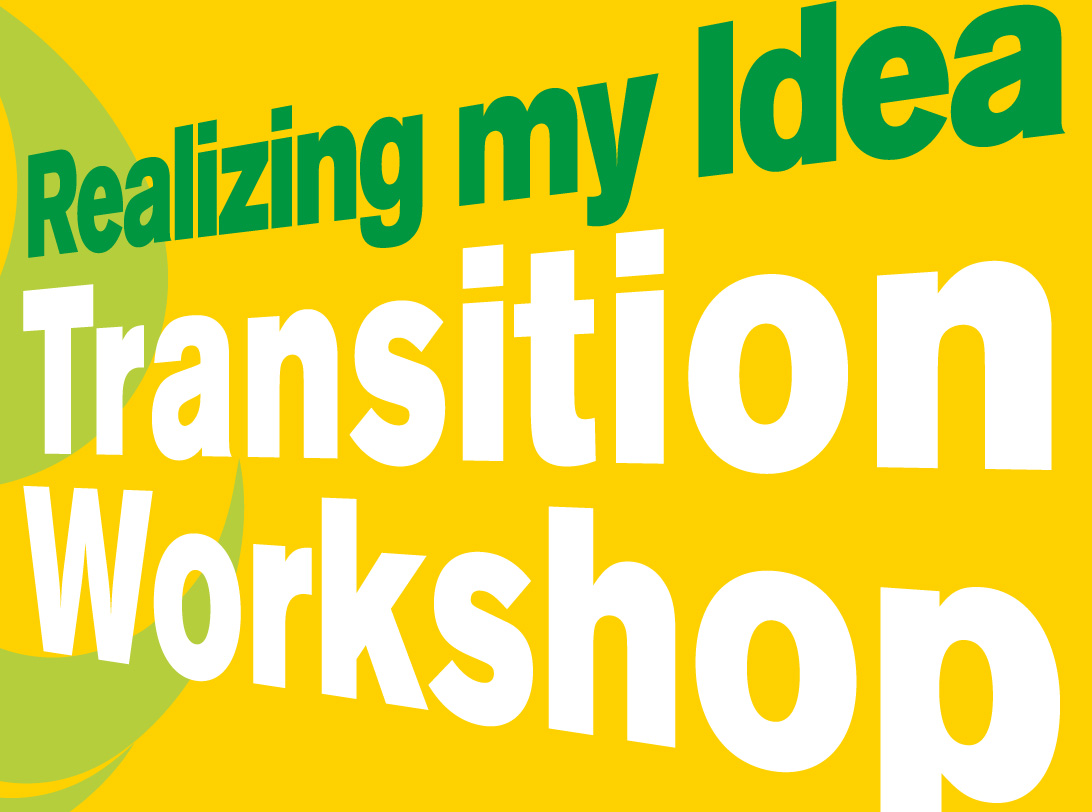

We will start 2015 with a celebration of the 5th anniversary of our foundation. Stiftung TANZ – Transition Center Germany was founded on January 19th 2010 as the result of a private initiative; since then, it has advised, coached and financially supported over 600 dancers in the context of transition issues. To celebrate this anniversary, numerous special events are planned, among them benefits by ballet and dance companies. On January 11th 2015, the Hamburg Ballett – John Neumeier, the head of our advisory board, will start with a ballet workshop followed up by a performance at the Friedrichstadtpalast Berlin on January 20th as well as a Onegin evening at the Stuttgarter Ballett on February 27th 2015. In the spring, benefit events follow at the Ballett Theater Augsburg, the Ballett des Nationaltheaters Mannheim, the Tanzcompagnie Gießen on May 24th 2015, Dance Company Nanine Linning- Theater Heidelberg on June 6th 2015 and the Gauthier Dance Company – all in support of our foundation.
Thank you for this fantastic backing!


You have an idea for your career after dance? You are looking for ways to realize this idea? This workshop helps you to realize a career or business idea. Which of my skills can I use? What will the first steps I need to take in order to reach my goal be? The workshop will also offer necessary information for the transition into a new career. All freelance and employed stage dancers are welcome (as are the participants of the “Developing Visions” workshop). Subjects: making a decision and getting feedback, precisely formulating a vision and planning concrete steps, profiting from others’ experience and networking. Individual counseling is available and can be continued after the workshop is over.
Workshop directors: Alina Gause, a.way – counceling for artists, graduate psychologist, singer, actress, author, associate professor (UDK, Berlin) & Heike Scharpff, project director Stiftung TANZ-Transition Center Germany, Dipl. Psychologist, theater director, co-founder Waggonhalle Marburg, drama and theater therapist & N.N.
Own share/cost: 50,- € per participant (Stiftung TANZ covers travel costs with the train (Bahncard 50/ early booking/ Bahncard 25).
Sunday, 8.3.2015, 2:00 -10:00 pm until Monday, 9.3.2014, 10:00 am – 5:00 pm
K3 auf Kampnagel Hamburg
Registration: info@stiftung-tanz.com, (bei Anmeldung vor dem 18.2.2015 nur 40,- €).

Osteopathy is a treatment method for physical ailments. The osteopathic approach is easy: life shows itself in the form of movement. Where movement is obstructed, sickness prevails. Osteopathy has knowledge of all small and large movements of the human body. It helps discover and remove movement obstructions. In contrast to traditional medicine, osteopathy offers a whole range of additional possibilities to aid a patient. For example, osteopathy always sees a patient holistically. It also does not concentrate on treating individual symptoms; instead, it seeks the causes of ailments and treats them.
In Germany, the training to become an osteopath primarily occurs in private osteopathy schools. Most of these schools offer their educational programs for working individuals. This education is directed at doctors, natural health practitioners and physiotherapists. Since osteopathy is considered a medical science in Germany, it can only be practiced by doctors or licensed natural health practitioners. Other career groups must attain their natural health practitioner license during or after their education. If you are neither a doctor nor a natural health practitioner (e.g., physiotherapist), then you can only work with osteopathy under the direction of a doctor or natural health practitioner “within the limits of your education”.
The extra-occupational education lasts at least four years and takes place during weekend seminars. As a total, the students must complete at least 1,350 teaching hours. Teaching is divided in theory and practice, and it includes basic medical fields such as anatomy and physiology as well as the learning of various osteopathic techniques. A final paper and a final examination conclude the program.
Osteopathy is also offered as a five-year, full-time educational program. This offer is primarily directed at high school graduates. During their training, they will be prepared for the examination to become a natural health practitioner, without which they can’t practice osteopathy independently. Full-time graduates have over 5000 teaching units at a full-time school. So that they can legally practice osteopathy in Germany without limitations, they have also passed the natural health examination. The full-time educational program is currently the most comprehensive osteopathic education.
A minimum of four years for the educational program is necessary in order to: 1) learn the various aspects of osteopathy as an independent and effective form of medicine; and 2) school your own hands as sensitive instruments on the other.
Verband der Osteopathen Deutschland e.V.
www.osteopathie.de

Applications for support for „Tanz_Start“ and „Tanz_Intensiv“ projects can be submitted now. Partnerships can apply for projects up to € 6.500 to € 14.000. The earliest project begin is generally possible four to six weeks after the application is submitted. Applications and all information on the program at foerderung.buendnisse-fuer-bildung.de/mas…
ChanceTanz supports dance art projects that are directed towards children and adolescents who are educationally disadvantaged and organized by local partnerships. The offers are directed by a professional team that has at least one dance artist as a member. A process-oriented approach makes it possible for participating children and adolescents to introduce their own subjects and creatively transform them. The contents of the project are to be conceived of individually by the partners. The quality standards of the Bundesverband Tanz in Schulen are to be respected. The local partnerships are made up of at least three different partners from the fields of dance art, culture, social institutions with their own space, schools or kindergartens and educational projects. Educational measures that occur outside of the classroom and are supplementary, and correspond to the “ChanceTanz” stipulations, can be supported.
The current application period runs until February 8th 2015. Applications must be submitted online via the kumasta data bank.
Partnerships can immediately apply for the current “ChanceTanz_Sonderprojekte” (special projects) support of up to € 20,000. The call for proposals is directed at existing partnerships that have already successfully realized at least one ChanceTanz project and would like to create a dance production with interested children and/or adolescents in 2015. There is no application deadline for Tanz_Sonderprojekte.
Information & contact, „ChanceTanz“ project team
Martina Kessel and Katharina Schneeweis,
chancetanz@bv-tanzinschulen.de
Mohrenstraße 63,
10117 Berlin,
tel: 030/ 68 00 99 30
Sincerely,
Sabrina Sadowska, Heike Scharpff & Andrea Thomas
